Conjoined twins - you're unlikely to see them.
Only a tiny number are born each year, the vast majority of which are stillborn or die soon after birth.
Marieme and Ndeye are the exceptions.
At two years and eight months, they live in Cardiff, having moved with their father, Ibrahima Ndiaye, 50, from their birth place of Senegal.
It's been a journey of hardship, with the family swapping a prosperous existence for one of hostels and food banks.
The girls are now safe, but a shadow looms.
Marieme's heart is weak - so weak, she may die.
If this happens, her stronger sister Ndeye will die with her.
At the moment, the twins grow each day and delight in life.
But in the coming years, an unimaginable choice may lie before Ibrahima.
Should he let surgeons attempt separation - risking the life of both girls, but particularly Marieme's?
Or should he let both girls die together?
Two girls, one body
The conjoined twins whose fight for life took them from Senegal to Wales
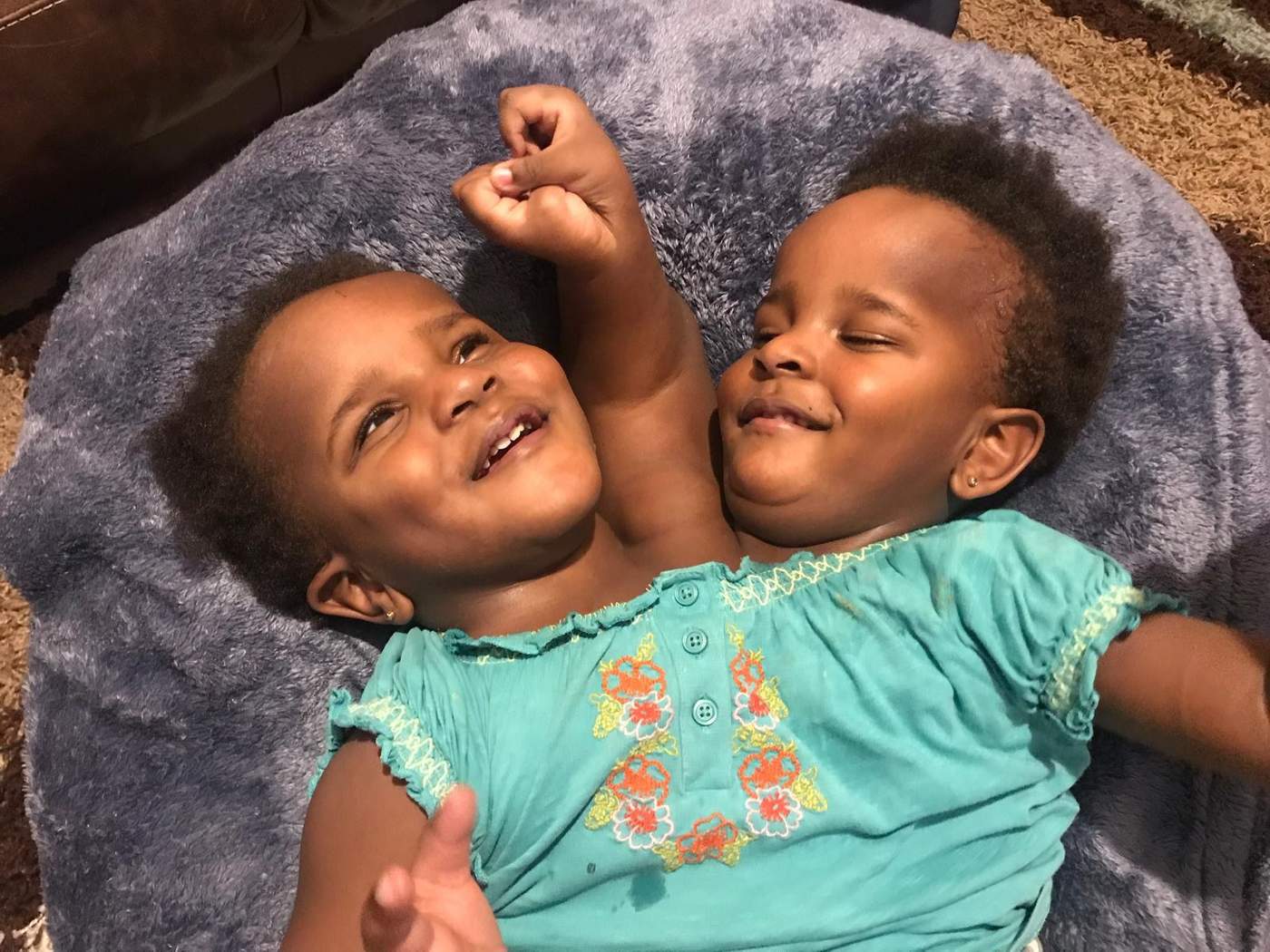
Conjoined twins - you're unlikely to see them.
Only a tiny number are born each year, the vast majority of which are stillborn or die soon after birth.
Marieme and Ndeye are the exceptions.
At two years and eight months, they live in Cardiff, having moved with their father, Ibrahima Ndiaye, 50, from their birth place of Senegal.
It's been a journey of hardship, with the family swapping a prosperous existence for one of hostels and food banks.
The girls are now safe, but a shadow looms.
Marieme's heart is weak - so weak, she may die.
If this happens, her stronger sister Ndeye will die with her.
At the moment, the twins grow each day and delight in life.
But in the coming years, an unimaginable choice may lie before Ibrahima.
Should he let surgeons attempt separation - risking the life of both girls, but particularly Marieme's?
Or should he let both girls die together?
And so Ibrahima's fight to protect his girls began.
Following his complaints, they were moved to a secure room, away from prying eyes.
There, as the girls grew, so too did a clearer picture of their bodies.
They each had a healthy brain, plus their own heart and lungs.
But they shared a single liver, bladder and digestive system.
They had a stomach each, but these were linked, and three kidneys between them.
They both had control of the conjoined arm, though mostly it was Ndeye, the stronger twin, who used it.
But just as Ibrahima began to understand more about the twins' condition, so it became clear there was no plan to help them.
“No-one was contacting experts,” he says. “No-one was helping them or on their side.
“They were just waiting for them to die.”
So this is when he finally took control.
At three weeks old, the girls were sent home to where their mother was still recovering from her caesarean.
Unable to tell the truth, the couple lied to friends and neighbours, explaining their child was still in hospital.
But as Ibrahima returned to work, liaising with international partners to organise tourist excursions across the region, his mind was consumed.
“Every break, I researched conjoined twins,” he says.
“I had a challenge - out of respect for the girls, I don't wish to call it a problem - and I needed help.”
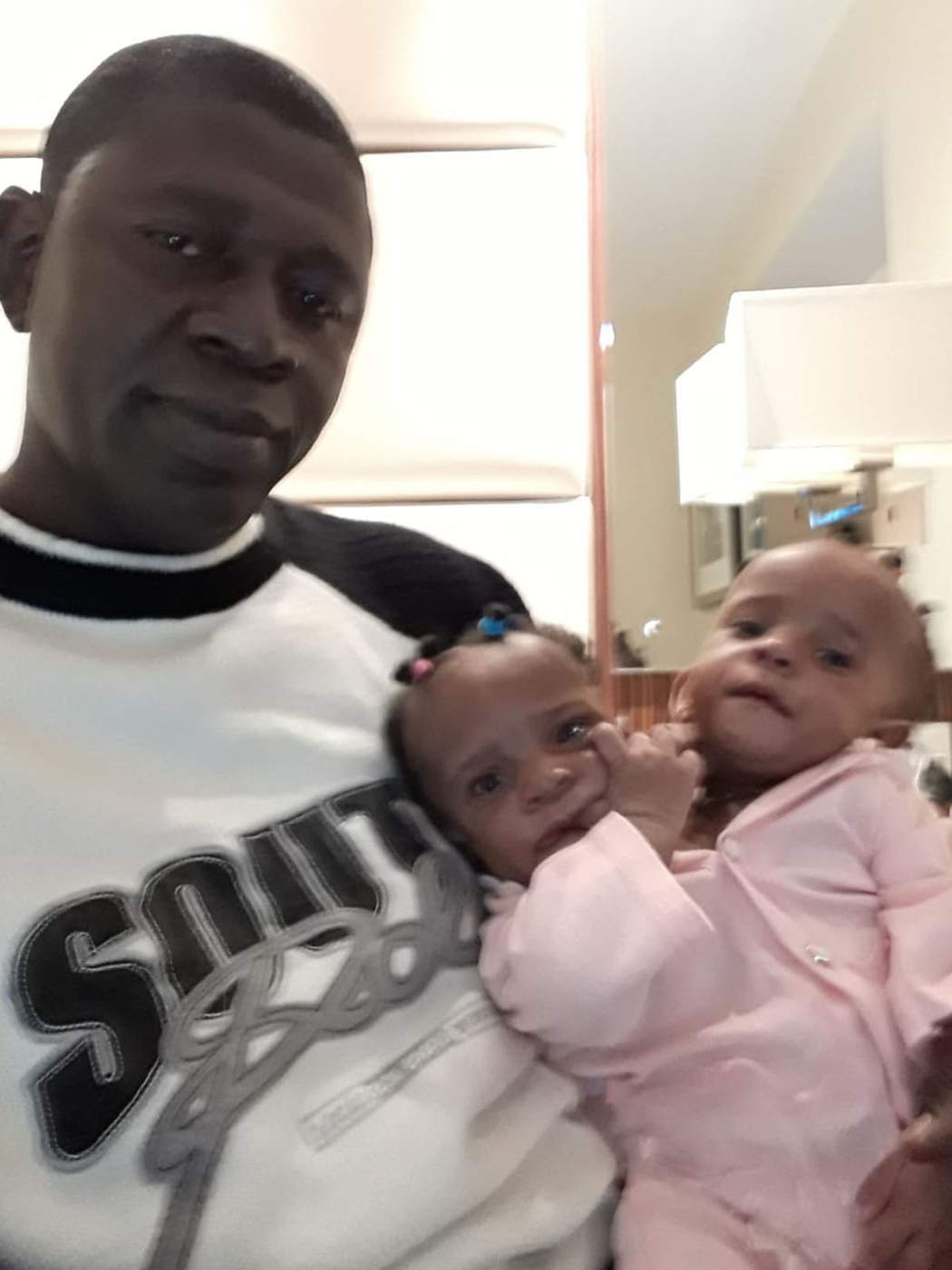
An organised person, with a degree in modern languages, Ibrahima began contacting hospitals one by one, seeking out if separation might be possible.
First, due to his work connection with Brussels, he tried Belgium, but he was told there was no hospital that could help.
Next he tried Germany, where two of his sisters were living, but there were no hospitals with experience of such complex cases.
He tried Zimbabwe, Norway, Sweden, and hospitals in America - Seattle in Washington, Jacksonville in Florida and Baltimore in Maryland.
Doctors at one hospital informed him he would need to provide a million dollars before the girls could be seen.
As a last resort, he tried France, hopeful because of the country's strong links to Senegal.
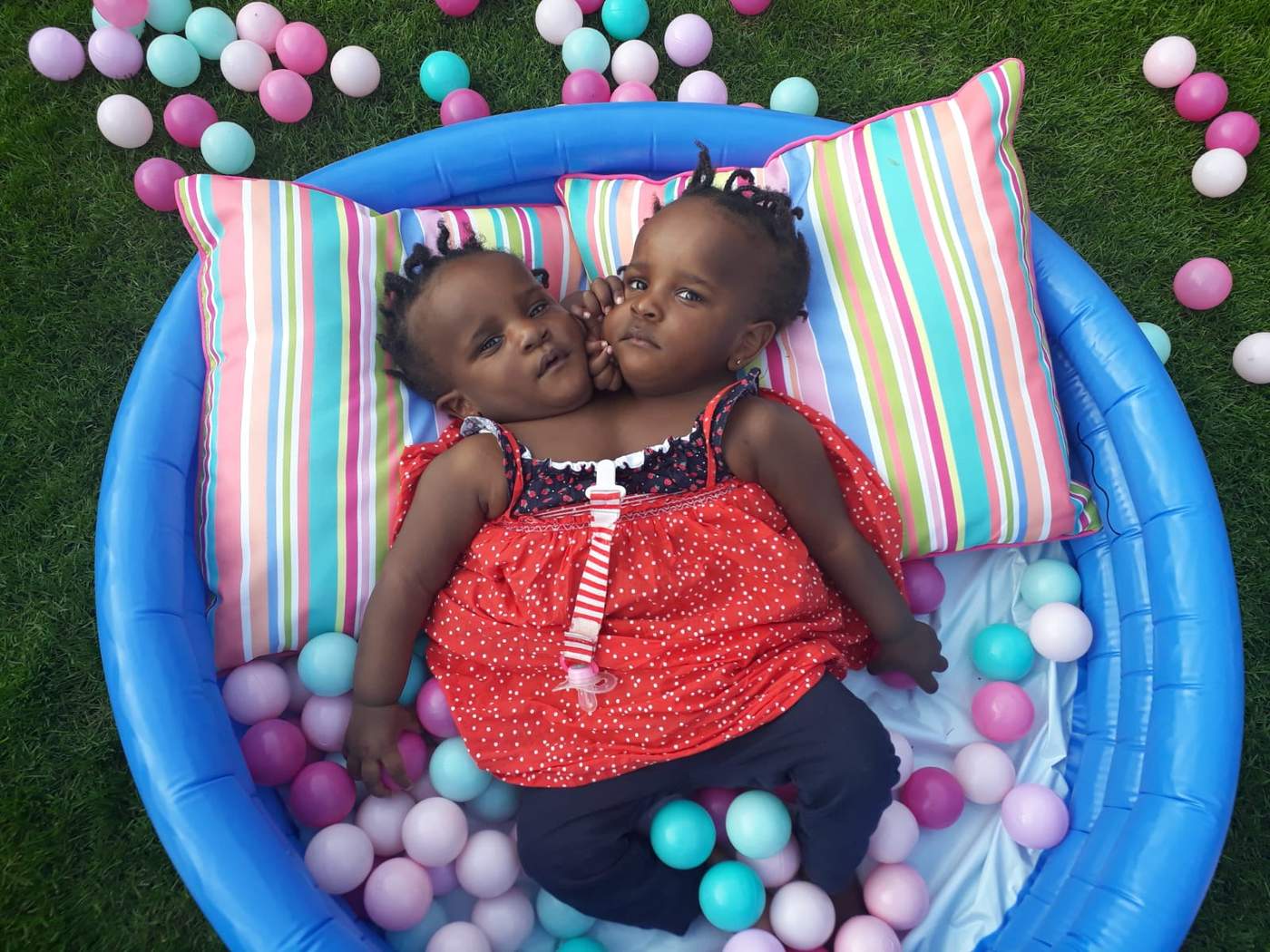
He emailed scans and medical documents.
But the reply was blunt.
It told him not to bother seeking help, that the girls would die and there was no clinical solution.
“I cannot tell you how much that email hurt me,” Ibrahima says.
“It was so arrogant, treating the girls and I with such contempt.
“Those doctors didn't have the intellectual curiosity to engage because it was a complicated case.
“But challenges are where the beauty of life is, where we learn and grow.
“You cannot imagine how low those doctors put me, how dark life was.
“They had closed every single window of hope.”
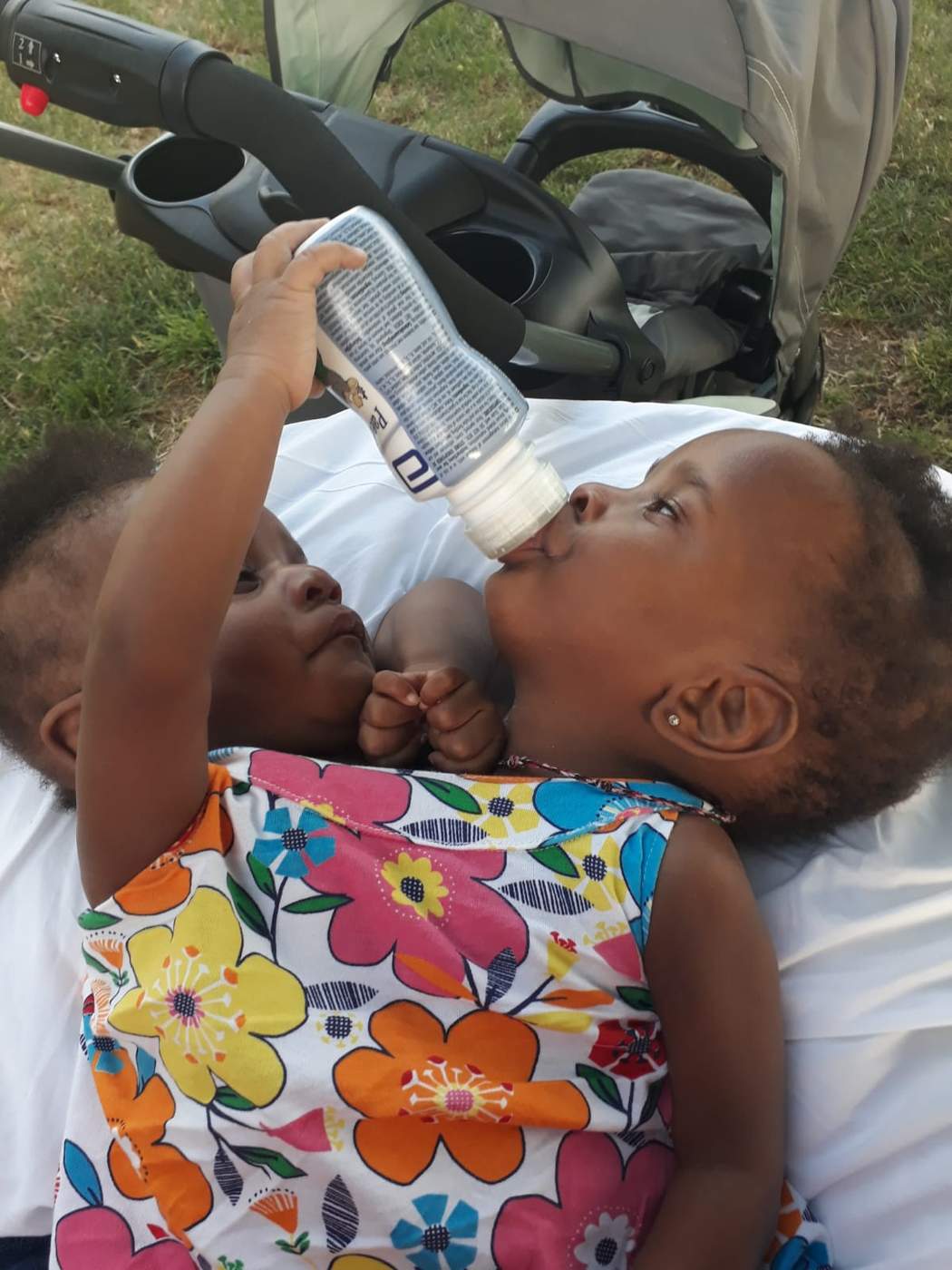
Yet as Ibrahima mourned, still Marieme and Ndeye confounded expectations.
Day by day, they grew stronger, beginning to smile, then babble, their bright eyes focusing, tiny fingers gripping.
In desperation, Ibrahima renewed his search.
Then one day, when the girls were a few months old, he found inspiration - a video on the web of Abby and Brittany Hensel, from the US state of Minnesota.
Joined in a similar way, they are now in their twenties, working as teachers and able to drive a car and play sport.
For Ibrahima, the video was an astonishing discovery - proof that conjoined twins could not only survive, but thrive.
In his smart Dakar office, he watched the video four, five times, slowly processing the potential implications for his own girls.
“If something inspired me, it was this documentary,” he says.
“I saw the determination of the family, how they had protected the children and fought for them.
“I said to myself, ‘I will do this for my girls’. It boosted my determination.”
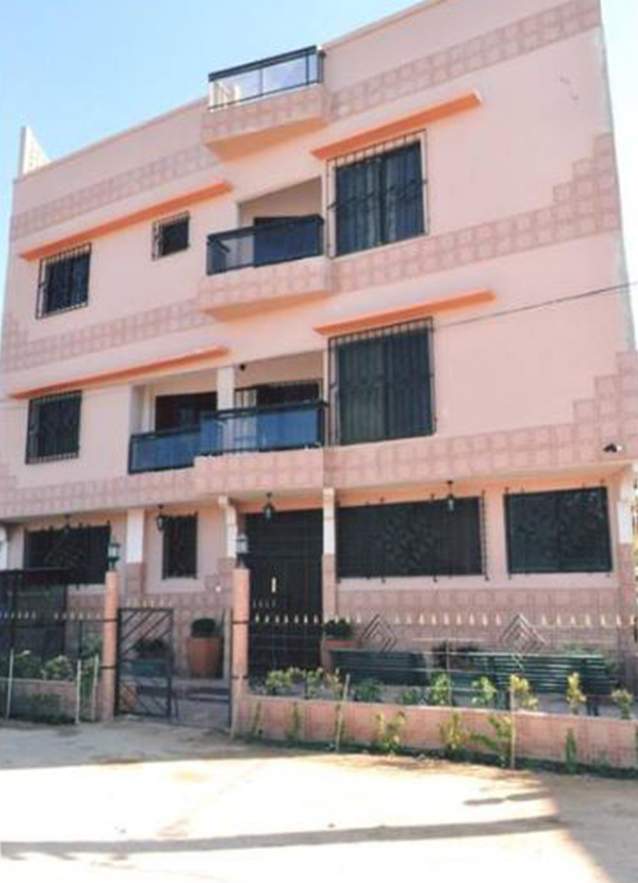
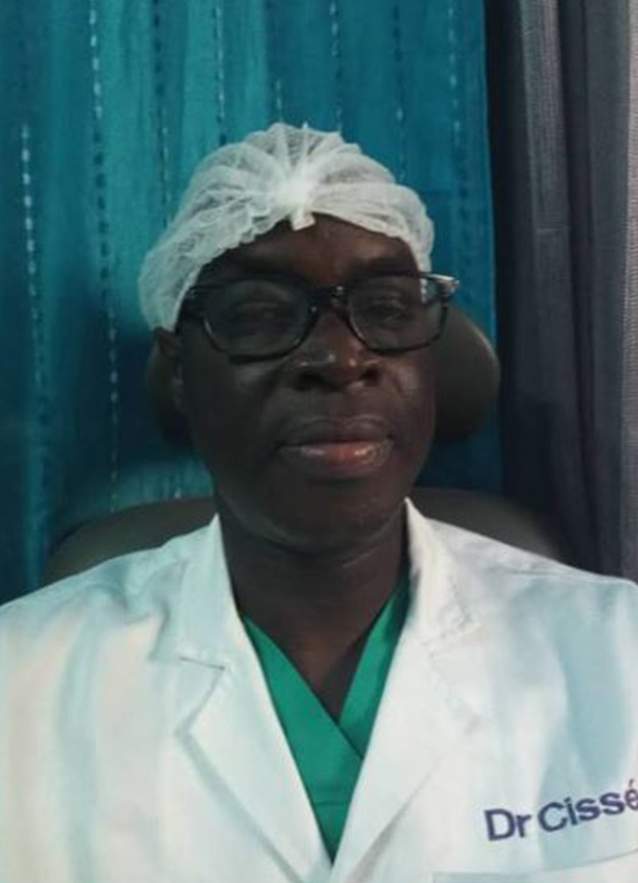
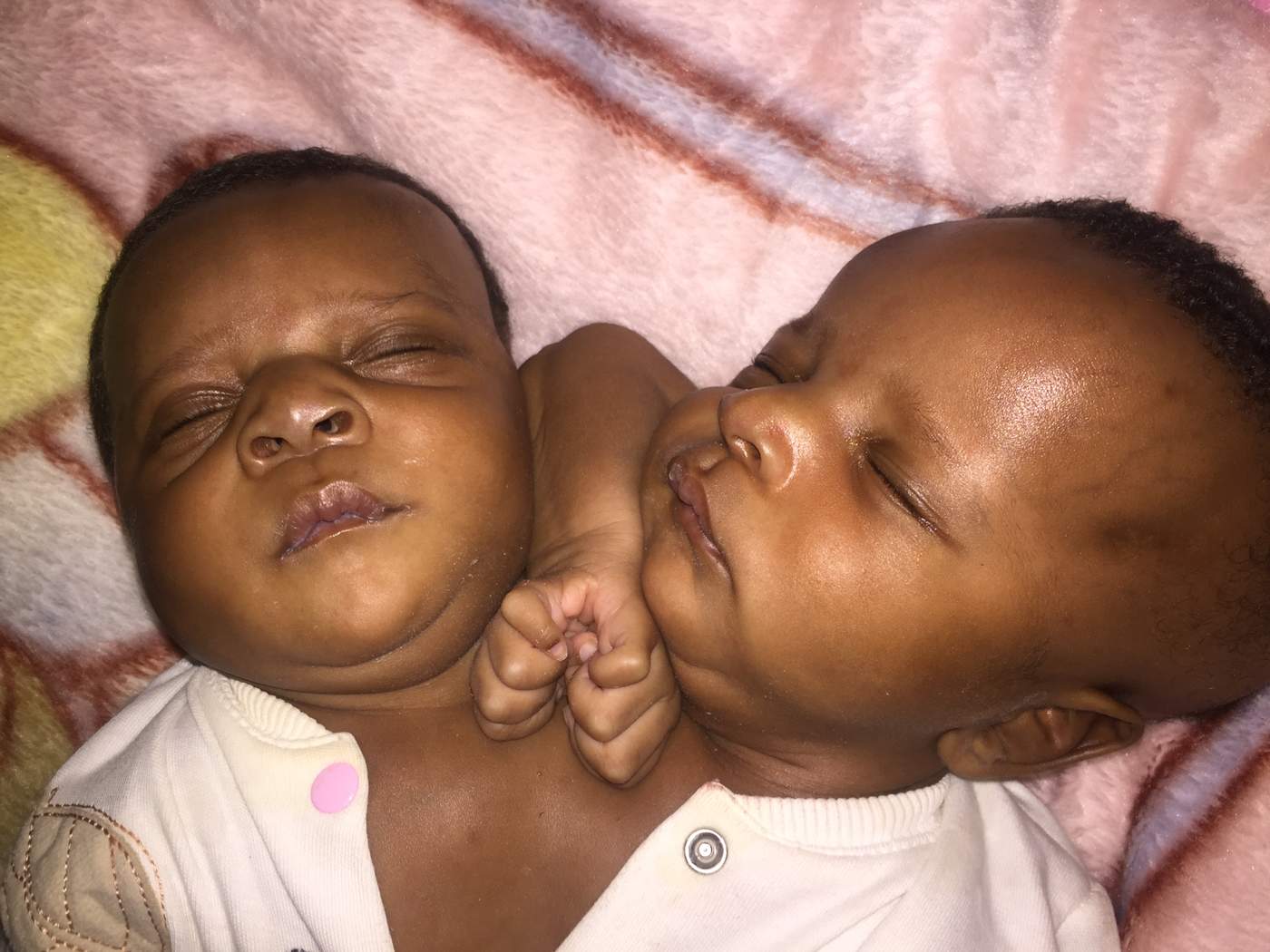
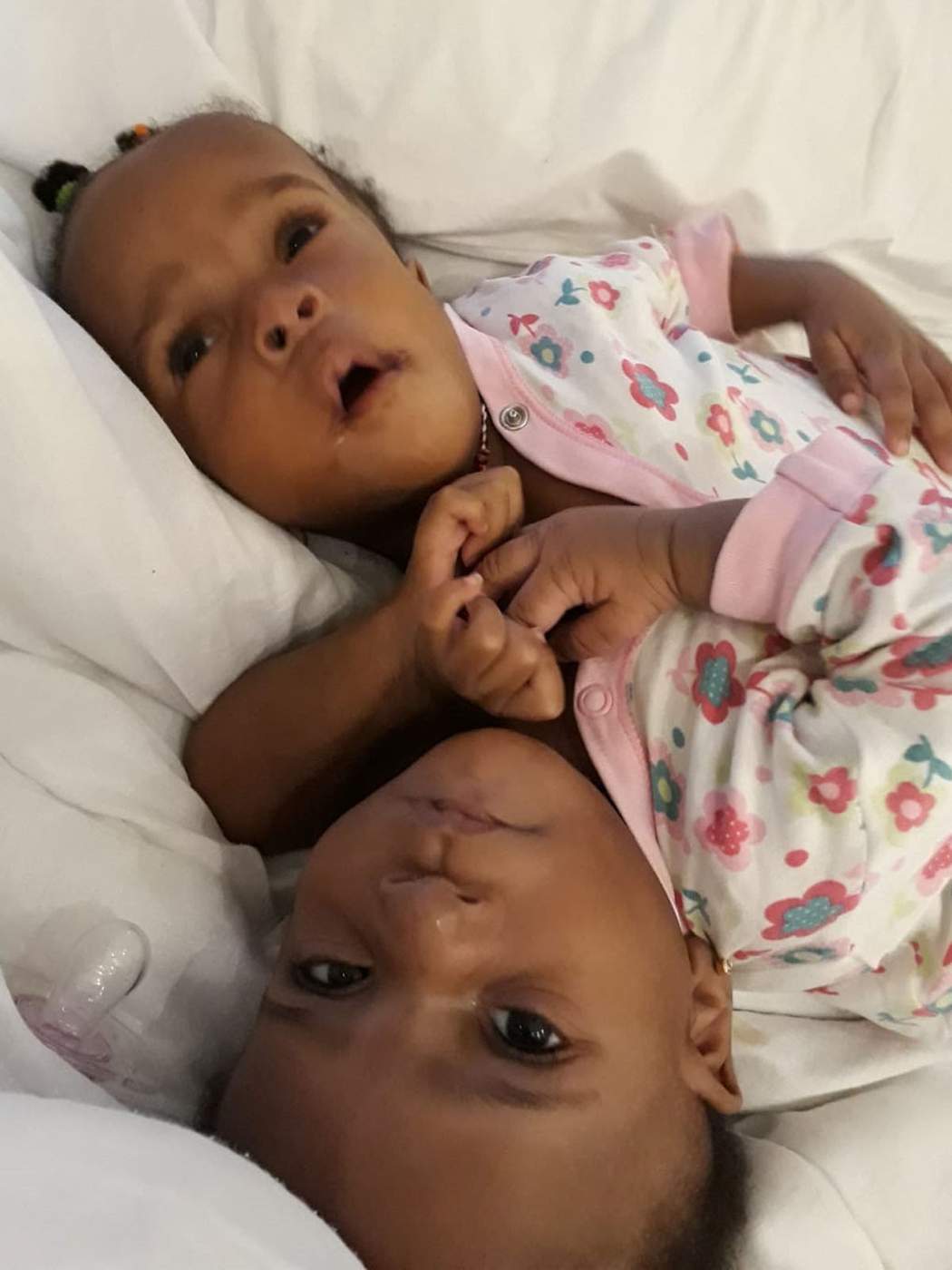
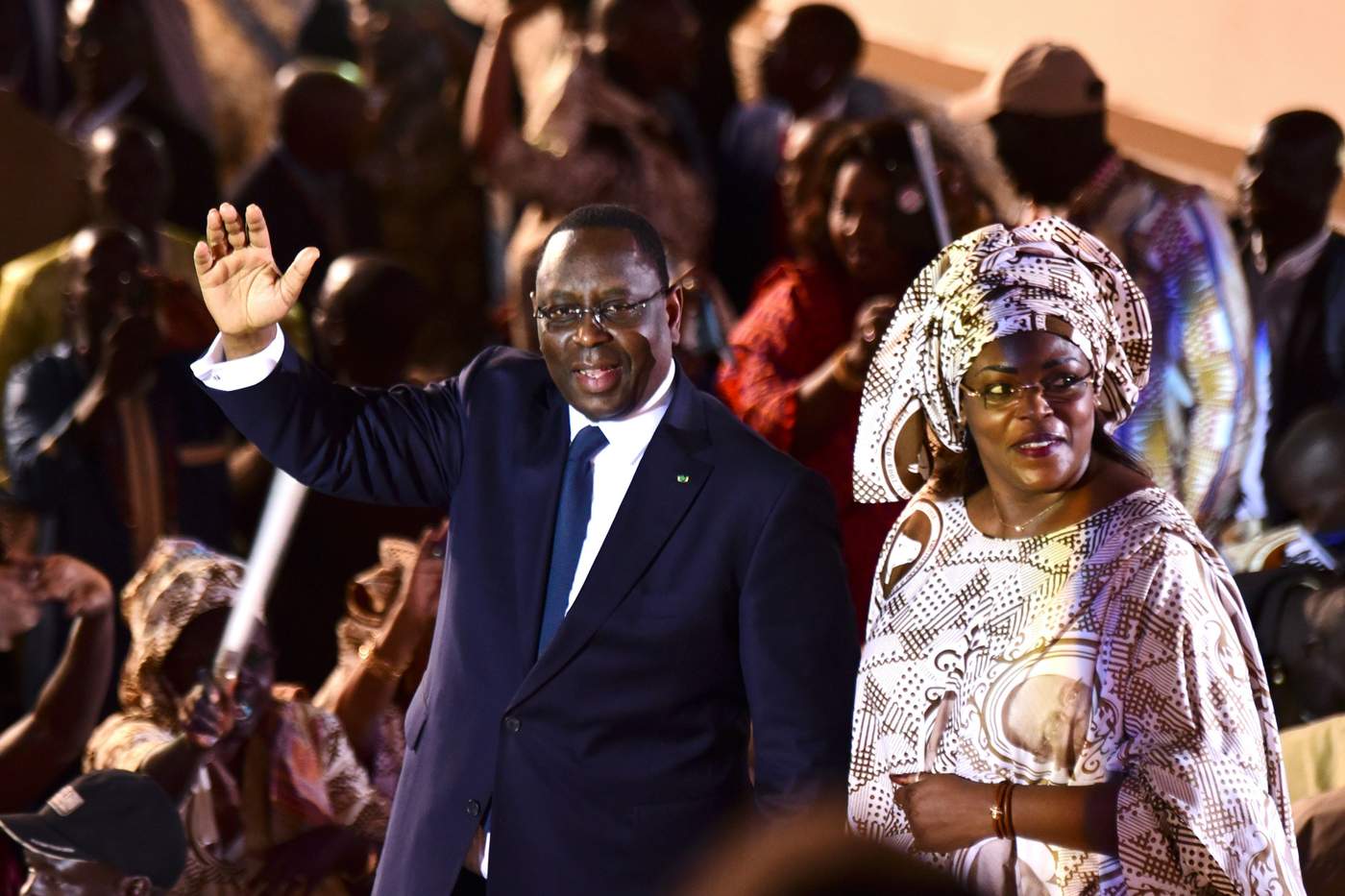
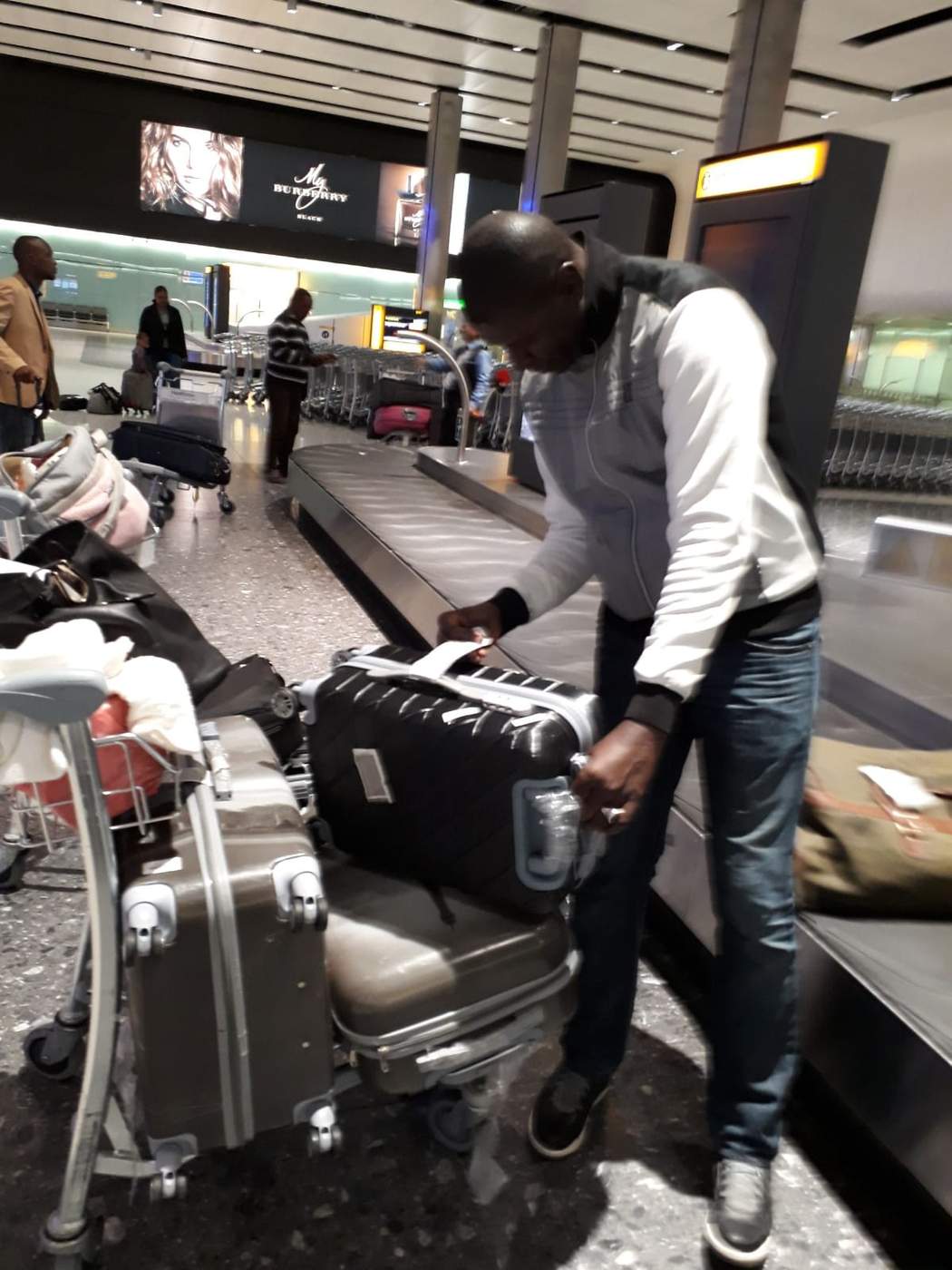
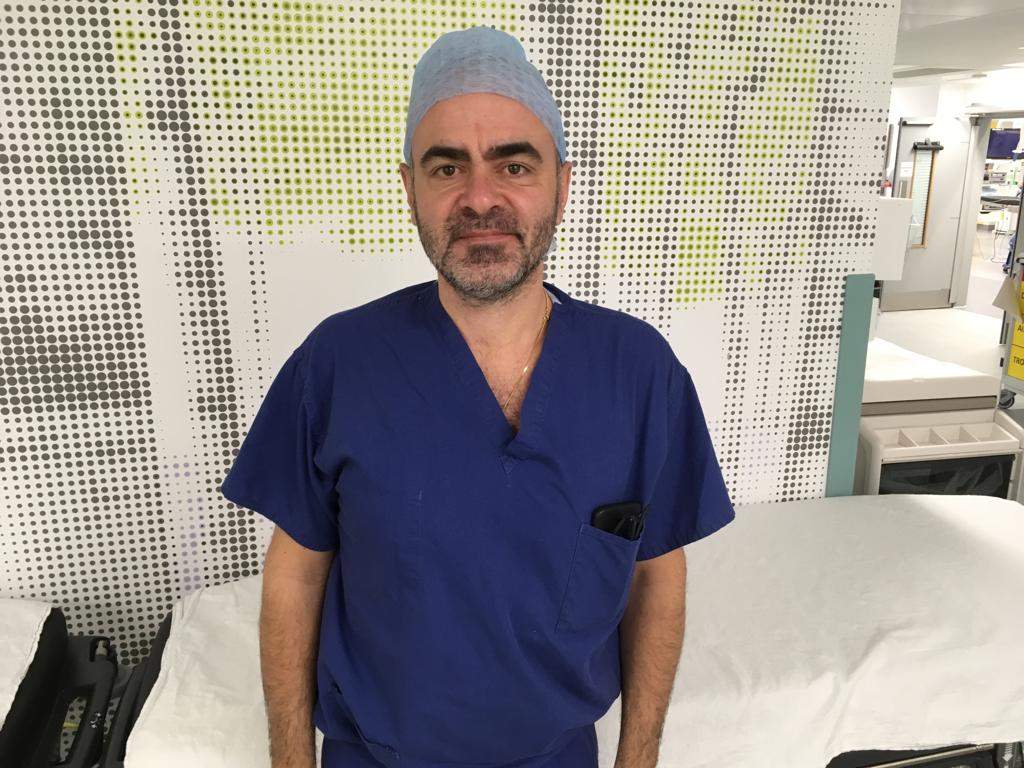
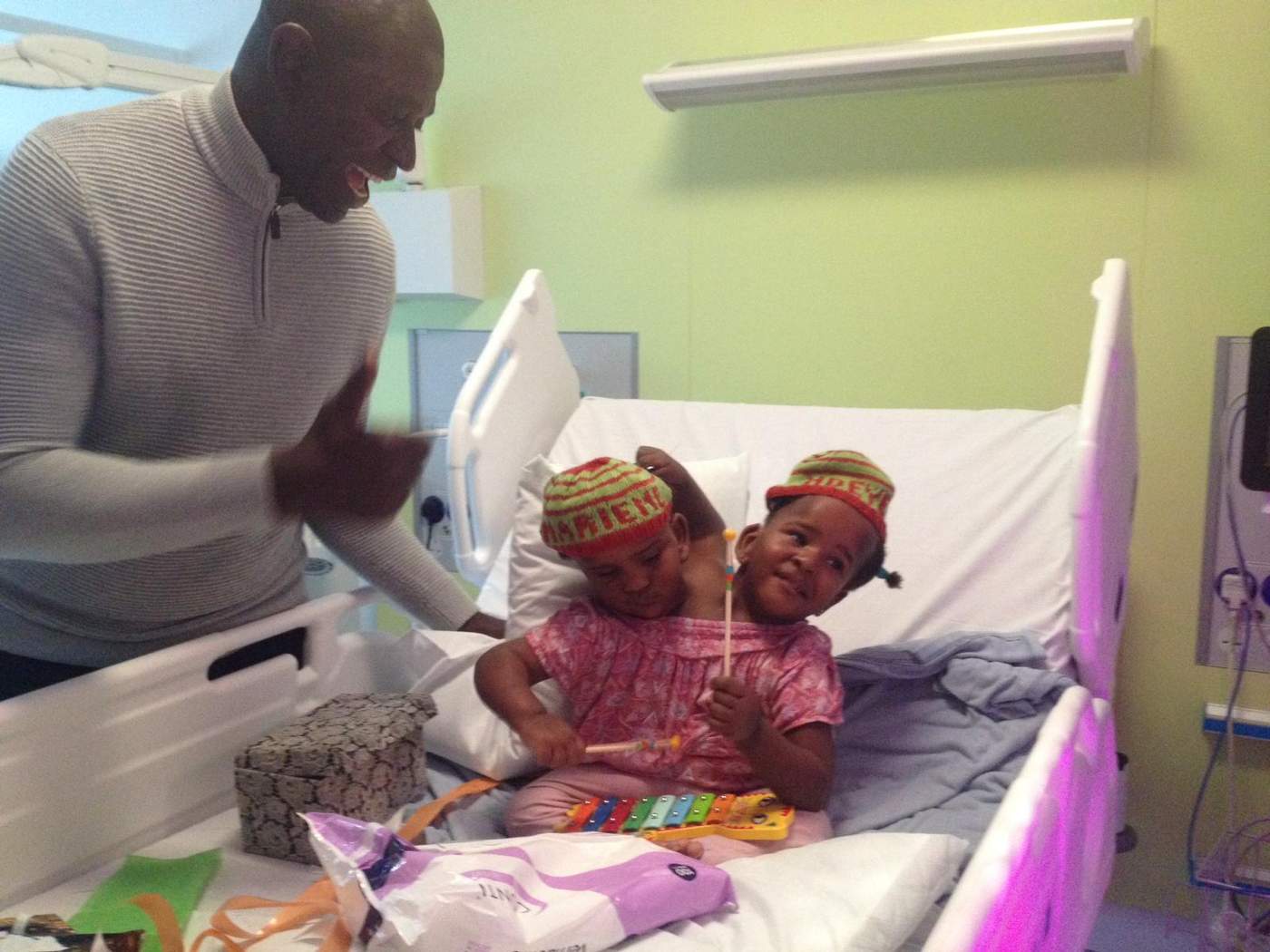

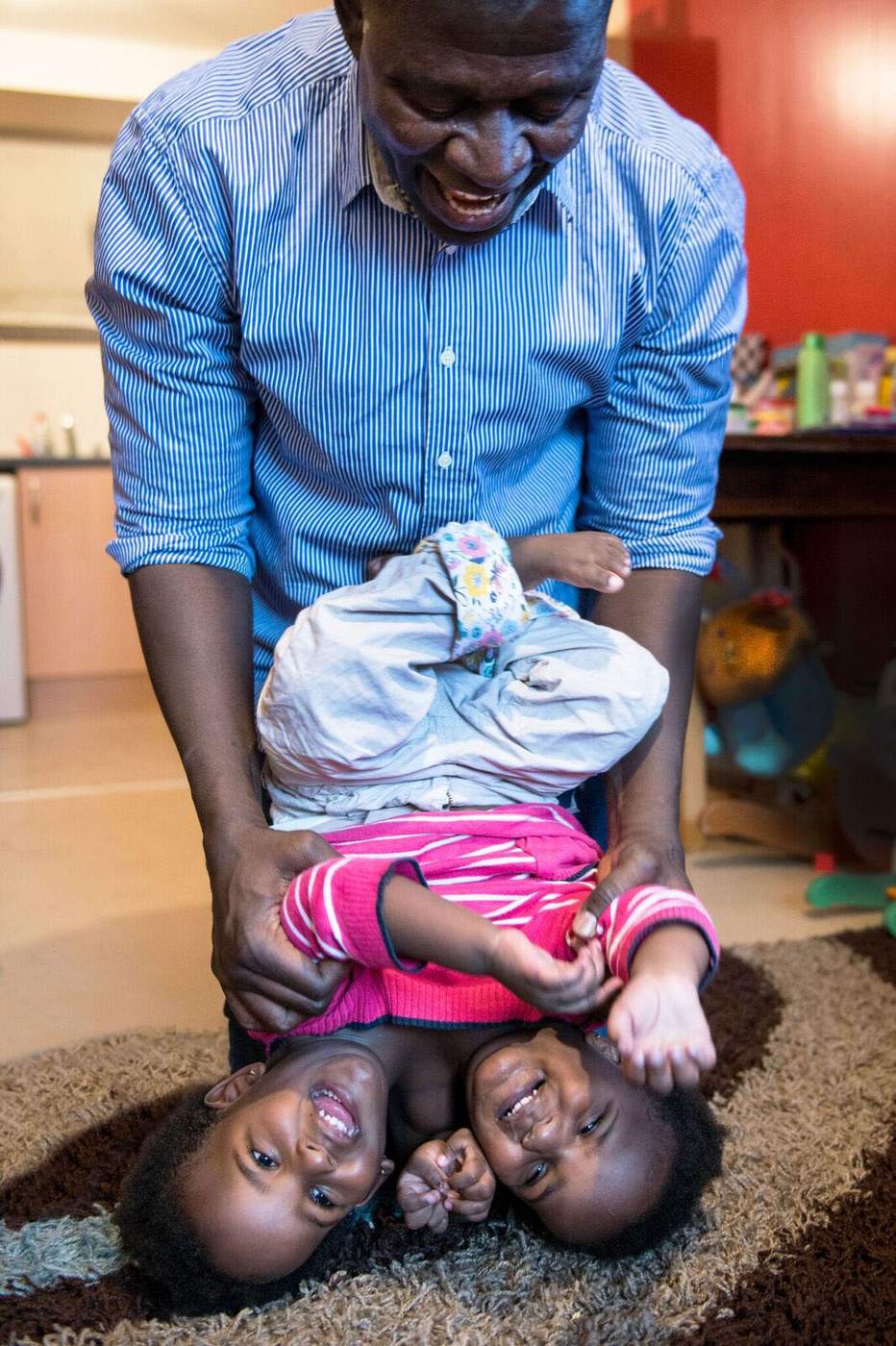
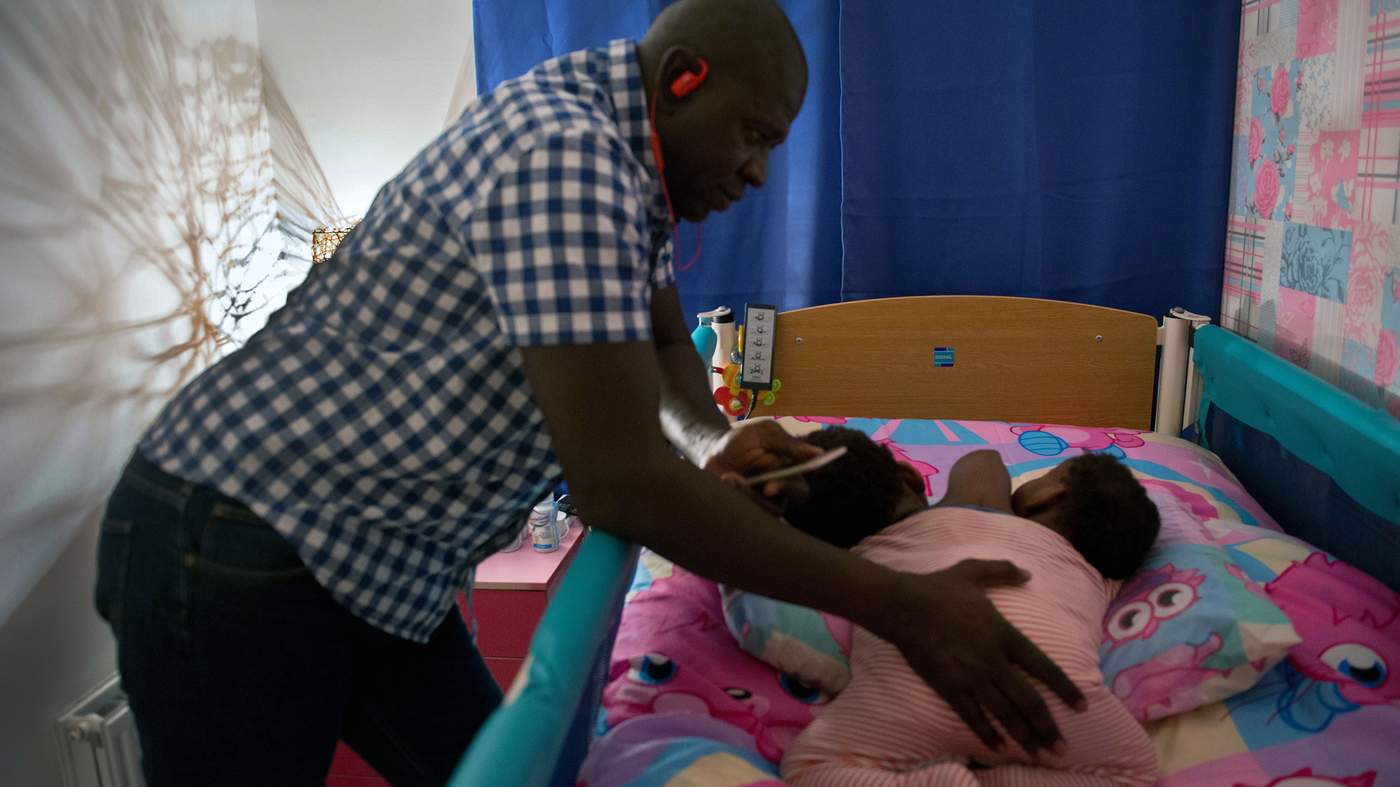
Comments
Post a Comment